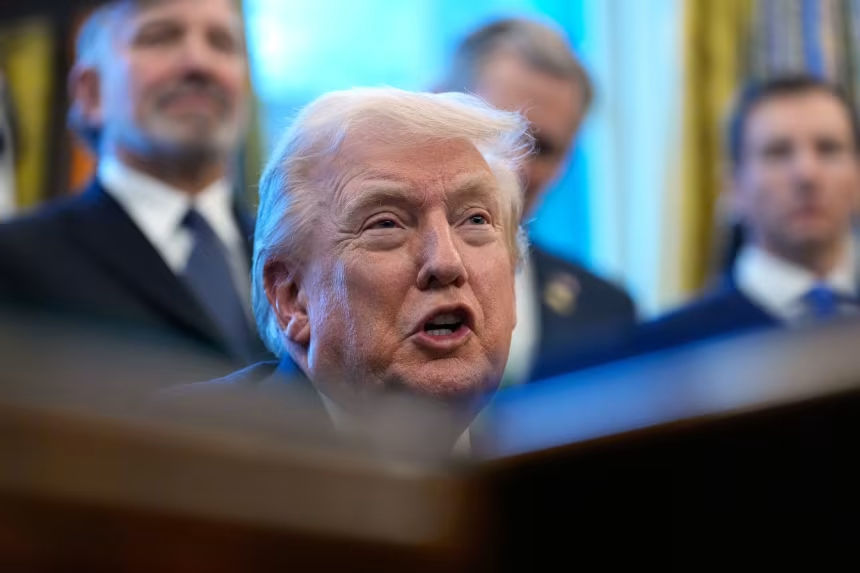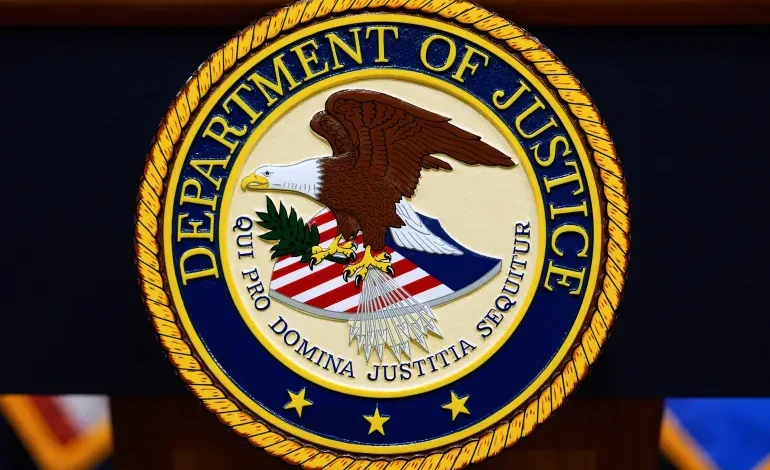Two Chinese citizens have been charged in the United States with illegally exporting high-powered Nvidia AI chips to China in violation of federal export restrictions.
Chuan Geng and Shiwei Yang, both 28, are accused of sending tens of millions of dollars’ worth of Nvidia’s advanced graphic processing units (GPUs) overseas between October 2022 and July 2025 without proper authorization, according to the US Department of Justice (DOJ).
The two allegedly ran the operation through their California-based company, ALX Solutions Inc., located in El Monte. Federal prosecutors say the company was used to funnel at least 21 illegal shipments to firms in Singapore and Malaysia—acting as middlemen for final recipients in China.
One key shipment included a batch of Nvidia’s top-tier H100 chips in December 2024—hardware considered essential for developing cutting-edge artificial intelligence. Prosecutors claim the shipment was “falsely labelled” and lacked the necessary export license from the US Commerce Department.
Payment records reviewed by investigators show ALX Solutions received funds from firms in China and Hong Kong, including a $1 million transfer in January 2024, despite those entities not being listed as the official buyers.
Last week, US authorities searched the company’s office and seized phones from the two men, allegedly uncovering incriminating chats. These included discussions about rerouting AI chip shipments through Malaysia to sidestep US export controls.
If convicted under the Export Control Reform Act, Geng and Yang could each face up to 20 years in prison.
Nvidia, which is based in Santa Clara, California, commented on the case, saying the incident underscores how serious the US is about enforcing chip export rules.
“Smuggling is a nonstarter,” a spokesperson said. “We sell to trusted partners and work hard to ensure compliance with US export controls. Even small exports are thoroughly reviewed, and diverted products won’t receive support or updates.”
The US has cracked down on the export of high-end AI chips to China in recent years, citing national security concerns and the need to maintain a technological edge. Many of the restrictions were introduced during President Joe Biden’s term, but they’ve continued—and in some cases expanded—under President Donald Trump.
China, meanwhile, has pushed back with its own export controls and accused Washington of abusing its dominance in the global tech market.
In July, Nvidia CEO Jensen Huang said the US had agreed to lift its ban on the company’s H20 GPU—a chip designed specifically for the Chinese market, offering less power than the H100 but still enabling basic AI workloads.
Huang said the reversal came after direct discussions with President Trump and would help position the US as a top supplier for AI development globally.










The latest news in your social feeds
Subscribe to our social media platforms to stay tuned